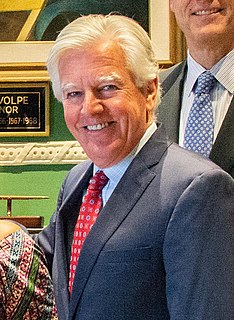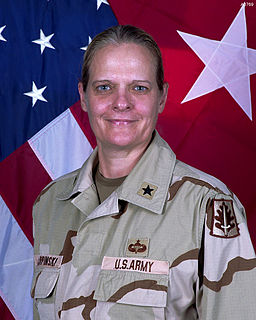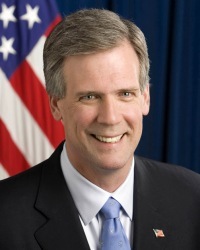A Quote by Carlos Fuentes
What's happened at the Abu Ghraib prison in Iraq is one of the grossest violations of human rights under the Geneva Conventions that we have record of. It is simply monstrous.
Related Quotes
I did a piece where I was talking about torture at Abu Ghraib, and I embroidered my hand with the image of the hooded Abu Ghraib prisoners who'd been tortured using a needle and thread. I know that meeting a Holocaust survivor when I was eight and seeing the tattoo on her arm from her time in the camps influenced my piece about Abu Ghraib.
Whether we consider Nazi Germany or Abu Ghraib prison, there were many people who observed what was happening and said nothing. At Abu Ghraib, one photo shows two soldiers smiling before a pyramid of naked prisoners while a dozen other soldiers stand around watching passively. If you observe such abuses and don't say, "This is wrong! Stop it!" you give tacit approval to continue. You are part of the silent majority that makes evil deeds more acceptable.
We must understand the role of human rights as empowering of individuals and communities. By protecting these rights, we can help prevent the many conflicts based on poverty, discrimination and exclusion (social, economic and political) that continue to plague humanity and destroy decades of development efforts. The vicious circle of human rights violations that lead to conflicts-which in turn lead to more violations-must be broken. I believe we can break it only by ensuring respect for all human rights.



































